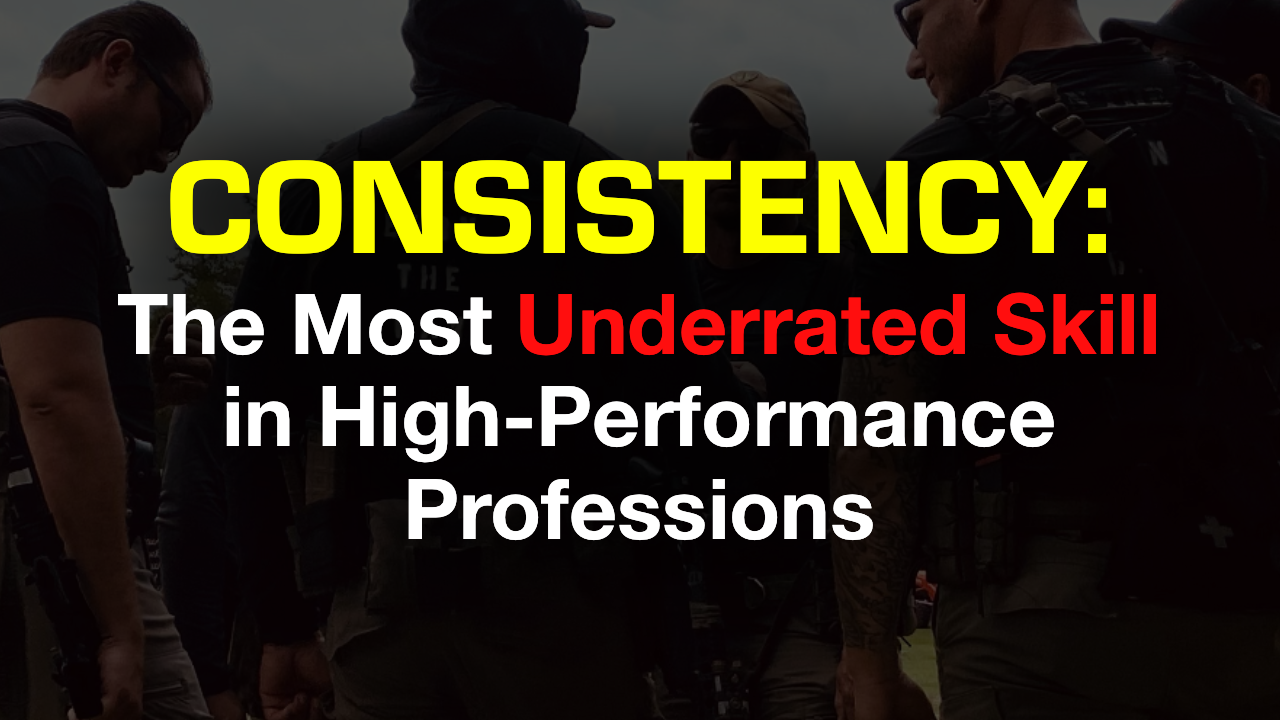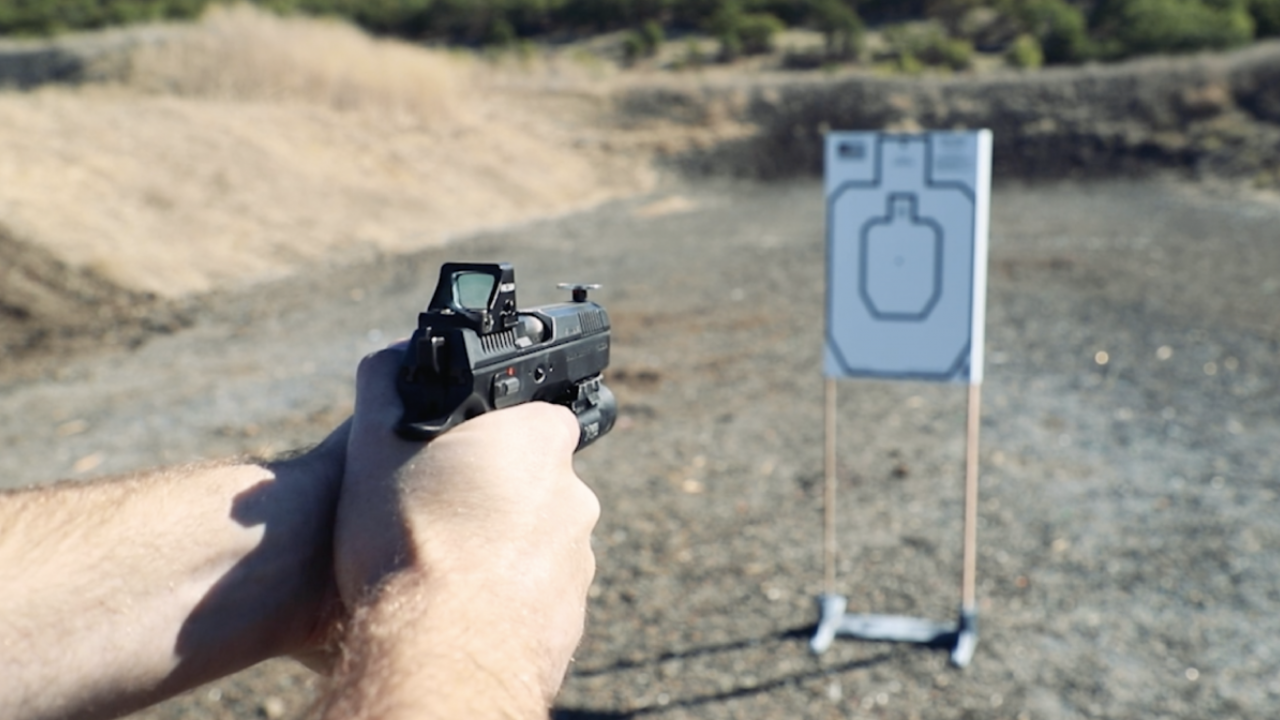EFT BLOG ARTICLES
Learn all about ways to improve your health by reading our educational blogs. We cover first responder specific lifestyle choices, exercise, nutrition and more...
It’s only February, and already over 80 percent of people have fallen off their New Year's resolution.
For some, the motivation was shallow from the start. For others, the plan didn’t fit their lifes...
What is agility?
According to the National Strength and Conditioning Association (NSCA), agility is defined as:
Rapid, whole-body movements that require single or multiple changes in velocity (acc
...
Grip is an essential strength and skill for every Law Enforcement Officer.
From hands-on encounters, to firearms accuracy, to carrying people or heavy objects—your grip strength can literally make th...
THIS IS NOT ANOTHER FITNESS CHALLENGE
THIS IS 50 DAYS OF UNCOMPROMISING TRANSFORMATION.
If you're scrolling past this, thinking “I’ll start next Monday,” you’re already delaying your transformation....
Why You Should Practice Dry Fire Before Shift
You check your vest. You check your belt. You check your flashlight and your tourniquet. But when was the last time you ran a rep with your trigger befor...
As Law Enforcement Officers, we know that most of us have the following in common...
Time is limited due to the nature of the profession. Long shifts, night shifts, rotating shifts, mandatory overtim...
“Excellence is not an act, it is a habit.” – Aristotle
There is one habit that has contributed to the success of every world champion shooter in the world: Dry Fire.
Dry fire is basically a si...
All adaptations, all improvements, obtained from training are the result of a stimulus.
Effective Fitness Training (EFT) exists to provide guidance to a very specific stimulus so law enforcement o...
As a police officer/tactical athlete, shift work is just part of the job. Throughout your career, you will have both night and day shifts. Some of you may be alternating back and forth between the two...
The majority of our Effective Fitness Team Members have endured the brutal night shift at some point in their career. The "night shift" is often referred to as dogwatch, graveyard, and midnights.
How...
Mobility, in the context of this article, is referring to the active range of motion you can move through. While cops don’t need Olympic gymnast caliber mobility, there certainly is a minimum require...
"How do I make time to workout while having a career in Law Enforcement?"
This is a question we hear all the time in the law enforcement community. It can be daunting and difficult to fit your ...
EFT WEEKLY NEWSLETTER
Want to Be Emailed Sample Workouts?
Input your information below to be sent some sample workouts over the next few days.












